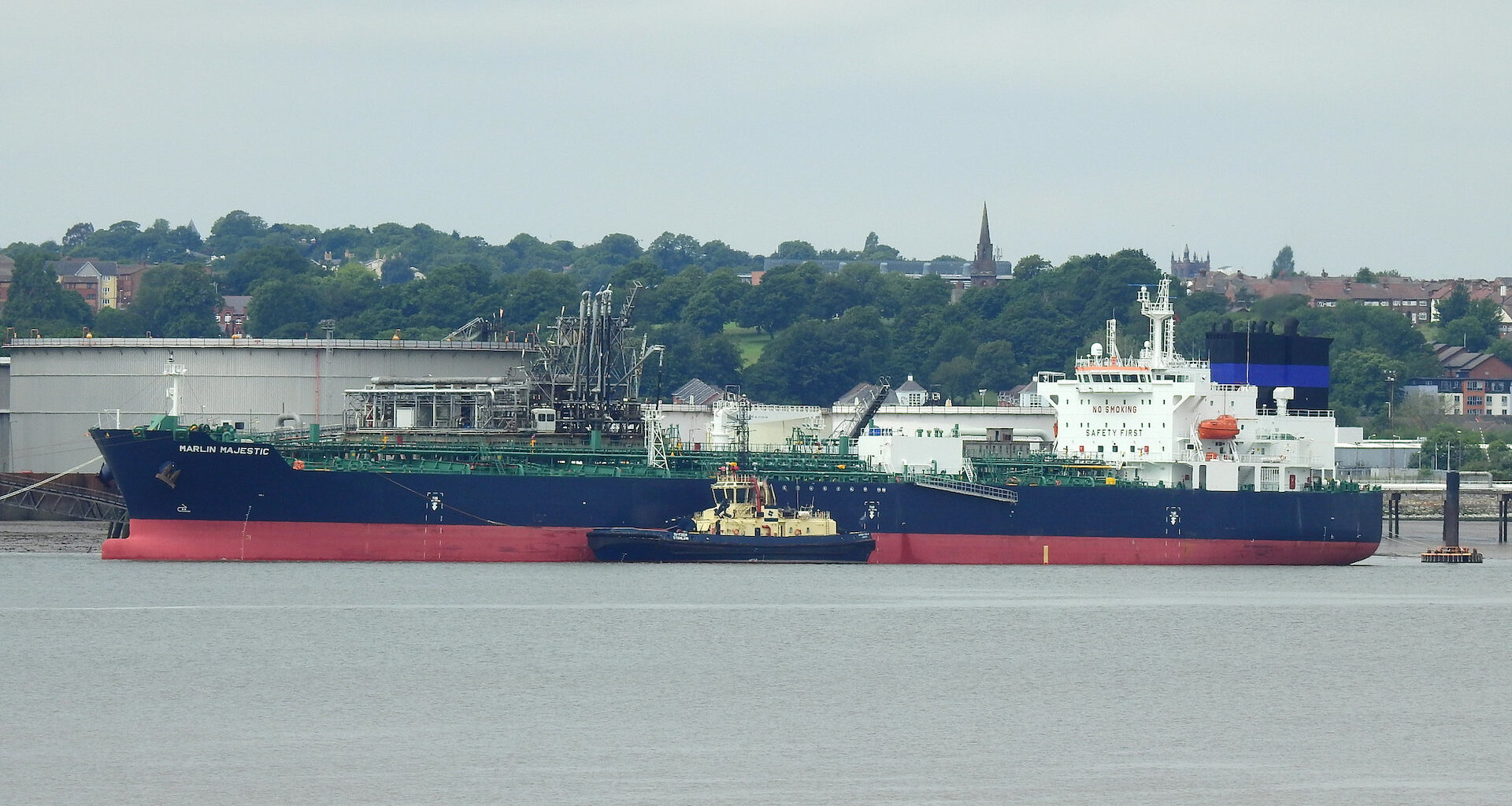On Monday 23, Nigeria inaugurated a Chinese-built deep seaport in Lagos, costing an estimated £1.2 billion. The port is designed to reduce congestion at Nigeria’s ports and position the country as an African hub for transshipment.
Economic gains of almost £290 billion are anticipated from the new deep seaport on the eastern side of Lagos, which officials claim will redirect traffic from clogged ports and bolster revenues.
President Muhammadu Buhari cut the ribbon to commemorate the opening of the port, which was finished in November of 2022. The President referred to the port as a game-changer that will reshape maritime activities in Nigeria and the broader sub-region of West Africa.
Lekki Deep Sea Port is one of the largest in West Africa. Its operations will relieve cargo congestion in other Nigerian ports, saving billions of pounds annually and providing employment for hundreds of thousands of people.
The port container terminal can handle at least 2.5 million 20-foot standard containers per year.
The China Harbour Engineering Company and the Tolaram group control 75% of the new Port, while the state of Lagos and the Nigerian Ports Authority own the remaining 25%.
According to the local newspaper Punch, Lagos Governor Babajide Sanwo-Olu stated that the size of vessels that will be coming to the new port might be as much as four times the size of vessels that berth at the currently existing ports of Tin Can and Apapa.
Ports in Nigeria, many of which date back to the time when the country was ruled by the British, are either inoperable or only partially utilised. The two ports in Lagos and two more in and around Port Harcourt, the nation’s oil hub, handle the vast majority of economic activity at the moment, leading to constant congestion and logistics problems for imports and exports. The newly built port aims to relieve pressure on them.
Despite having six main seaports, more than 80% of the country’s imports are handled by just two ports in Lagos, where congestion has resulted in a large loss of revenue since shipments are routinely redirected to other West African states.
According to Cui Jianchun, the Chinese ambassador to Nigeria, the project would propel economic development not just in Lagos but throughout the entire nation.
“This is the engine of the economy not only for the governor of Lagos but also for the Federal Republic of Nigeria. This is equity of investment. This is not a loan, this is not borrowing — this is investment,” Jianchun said.













